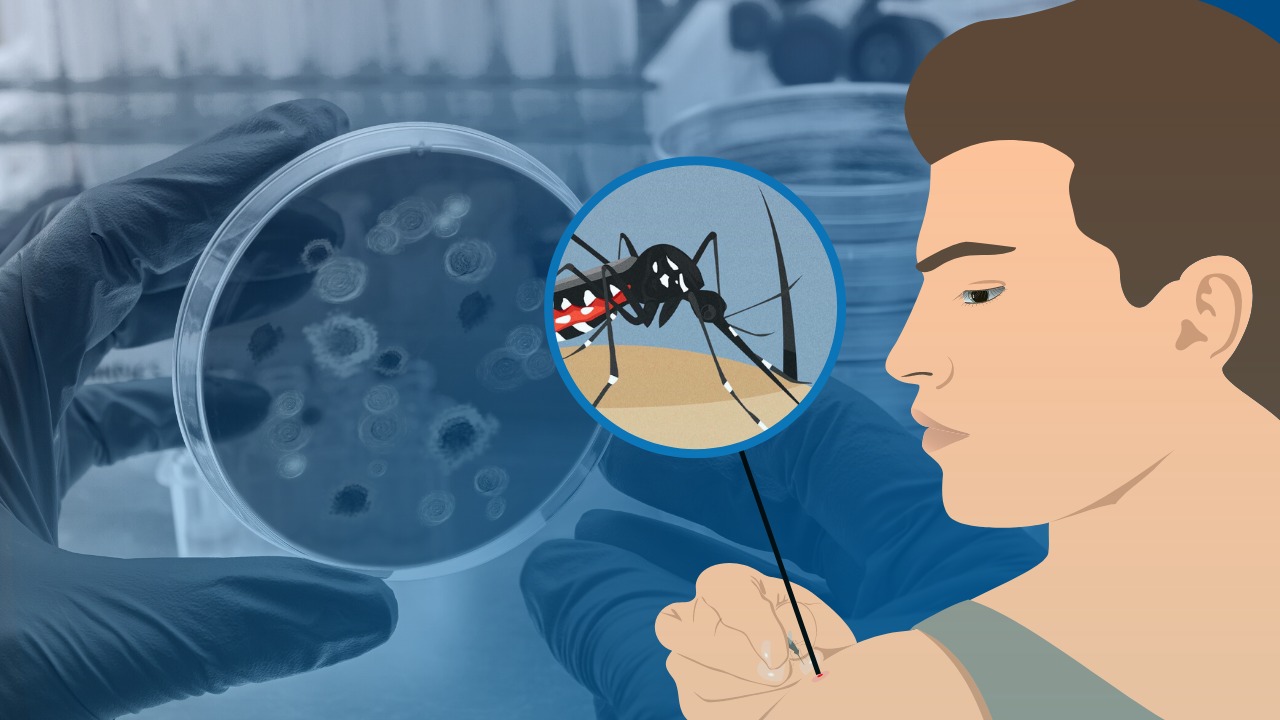LUCENA CITY — The number of dengue cases in Calabarzon (Cavite, Laguna, Batangas, Rizal, Quezon) recorded from January 1 to August 20 is 124 percent higher than the reported cases in 2021, the Department of Health (DOH) reported on Saturday, August 27.
Dr. Ariel Valencia, DOH Calabarzon director, in a report, said the region logged 11, 842 dengue cases from January 1 to August 20.
The figure is 124 percent higher than the 5,287 cases recorded during the same period last year, Valencia said.
He attributed the upward trend in dengue cases to the rainy season and to the increased mobility of the public due to economic activity.
The primary age group affected by dengue ranged from 1 to 10 years old.
There were also 19 deaths also recorded during the period.
According to the Health Education and Promotion Unit of the DOH–Calabarzon, Laguna topped the list with 3,705 dengue cases followed by Rizal (2,554), Cavite (2,077), Quezon (1,799), Batangas (1,599), and Lucena City (108).
Health authorities are encouraging the public to take the necessary precautions to prevent the rise of more dengue cases amid the rainy season.
“Now that face-to-face classes have resumed, we are also reminding the teachers to help in protecting the children against dengue while in school,” Valencia appealed.
Before the opening of classes last August 22, the DOH in collaboration with the Department of Education (DepEd) launched the “Para sa Henerasyong Healthy, Balik Sigla sa Pagbalik Eskwela” in different selected schools in the region.
The campaign highlights the school-based awareness campaign and distributed anti-dengue and other vector control supplies.
On Friday, August 26, the DOH national office reported that were 118,526 dengue cases recorded across the country from January 1 to August 6 this year compared to 46,761 cases in the same period last year.
The latest dengue tally is 153 percent higher than 2021, the DOH said.
The DOH reiterated its reminder to the public to follow the 4S strategy, referring to search and destroy breeding places, secure self-protection, seek early consultation, and support fogging or spraying in hotspot areas to prevent an outbreak.
Dengue is transmitted through the bite of a female mosquito (Aedes aegypti). Symptoms include a sudden onset of fever with severe headache, severe pain behind the eyes, muscle and joint pain, rash, easy bruising, and nose or gum bleeding.
The Philippines has no anti-dengue vaccine available since the Food and Drug Administration revoked the certificate of product registration of the controversial Dengvaxia, which Sanofi Pasteur manufactures. The vaccine figured in controversy after being linked to the deaths of several young children who had been inoculated with it.
Dengvaxia was the first dengue vaccine to be licensed, according to the World Health Organisation (WHO). It has been approved for use in 20 countries, including the United States and Thailand.
